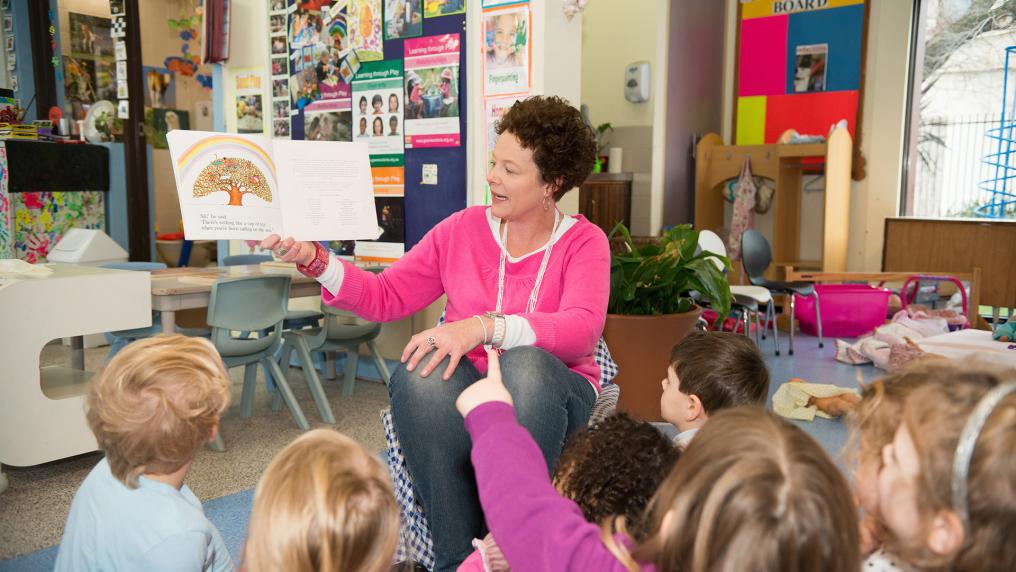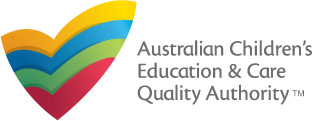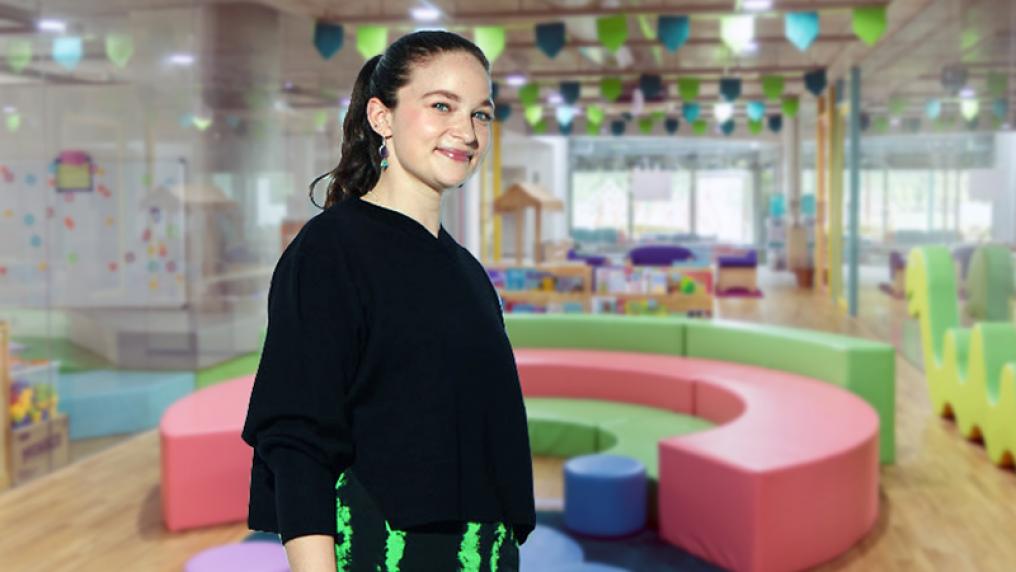Meeting the minimum entry criteria does not guarantee entry into this course.
Completion of an Australian Senior Secondary Certificate (VCE or equivalent) including Units 3 and 4: a study score of at least 30 in English (EAL) or 25 in any other English (or equivalent).
OR:
Completion of an Australian Advanced Diploma or Diploma (or equivalent).
PLUS:
IELTS (or equivalent): Overall score or 6.5 (with no band less than 6.0 in Listening, Reading, Writing and Speaking).
OR:
Completion of a Foundation course or equivalent.
Special entry programs
If you are from a disadvantaged or underrepresented social, economic or cultural background, you may be eligible for one of our special admission programs. These programs are designed to help you access education more easily.
Learn more about special admission programs
Inherent requirements
Inherent requirements are the abilities, attributes, skills and behaviours needed to meet the learning outcomes of the course.
You should carefully consider the inherent requirement statement as a:
- guide for your learning during the course
- way for you to identify challenges you may have in studying this course.
Additional information
Applicants with a 3 year ACECQA accredited degree not awarded in the previous 5 years must provide current VIT registration as an ECT and a CV prior to admission/credit being granted.
Students will require a Working with Children Check or equivalent in NSW and Queensland to be eligible to undertake and participate in workplace visits, placements or projects. Use the following site link to obtain additional information:
http://www.workingwithchildren.vic.gov.au/
First Year students will complete their study at City Tower campus or in Online Real Time (ORT) or at a Sydney or Brisbane venue. The Online Self-Paced option (OSP) and In-Person delivery at Footscray Nicholson campus will be available from Year 2.







